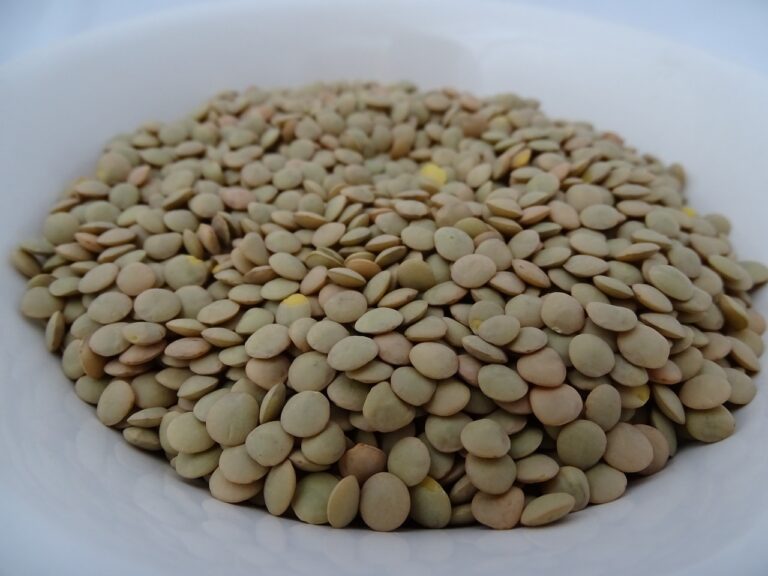Exploring Food Waste Reduction Initiatives in Food Processing Industry
One significant challenge faced by the food processing industry is ensuring food safety and quality standards are consistently met throughout the production process. With the increasing demand for processed food products, companies are under pressure to adhere to strict regulations to prevent contamination and maintain the highest level of product quality. This requires adequate training of staff, implementation of proper cleaning and sanitation protocols, and regular monitoring of production processes.
Another key challenge is the need for sustainable practices within the industry. As consumer awareness of environmental issues grows, there is a mounting pressure on food processing companies to minimize their environmental impact. This includes reducing water usage, energy consumption, and waste generation. Implementing sustainable practices not only benefits the environment but also helps companies enhance their brand reputation and appeal to a growing eco-conscious consumer base.
Current State of Food Waste in Food Processing
Food waste in the food processing industry has become a pressing issue globally. Despite advancements in technology and access to resources, a significant amount of food is still being wasted at various stages of processing. This waste not only represents a loss of valuable resources such as water, energy, and labor, but it also contributes to environmental degradation.
One of the primary reasons for food waste in the food processing industry is inefficiencies in production and distribution processes. Factors such as overproduction, improper storage facilities, and inadequate transportation methods can all lead to food being discarded before it reaches consumers. Additionally, strict quality standards set by retailers and consumers further contribute to the amount of food that is wasted in the processing stage.
Impact of Food Waste on Environment
Food waste from the food processing industry poses a significant threat to the environment. When food is wasted at various stages of processing, it not only squanders valuable resources like water, energy, and labor but also contributes to greenhouse gas emissions. The decomposition of this organic waste in landfills produces methane gas, a potent greenhouse gas that is a major contributor to climate change.
Moreover, food waste leads to the loss of biodiversity and habitats due to the excessive extraction of resources for food production that ultimately goes to waste. The excessive use of pesticides, fertilizers, and water to grow crops that are later wasted further exacerbates environmental degradation. The environmental impact of food waste is a pressing concern that requires immediate attention and concerted efforts from food processors, policymakers, and consumers alike.
Food waste from the food processing industry squanders valuable resources like water, energy, and labor
Food waste contributes to greenhouse gas emissions
Decomposition of organic waste in landfills produces methane gas, a potent greenhouse gas
Loss of biodiversity and habitats due to excessive extraction of resources for food production that goes to waste
Excessive use of pesticides, fertilizers, and water for growing crops that are later wasted exacerbates environmental degradation
What are some challenges faced in the food processing industry related to food waste?
Some challenges include inefficient production processes, lack of proper storage and transportation facilities, and consumer behavior leading to over-purchasing and food spoilage.
What is the current state of food waste in the food processing industry?
The food processing industry is one of the major contributors to food waste globally, with large quantities of food being discarded at various stages of production, distribution, and consumption.
How does food waste impact the environment?
Food waste contributes to greenhouse gas emissions, as it decomposes in landfills and releases methane. It also leads to deforestation and water wastage through the production of food that is ultimately wasted.
What are some ways to reduce food waste in the food processing industry?
Some strategies include implementing better inventory management systems, improving production efficiency, donating excess food to food banks, and educating consumers about reducing food waste.







